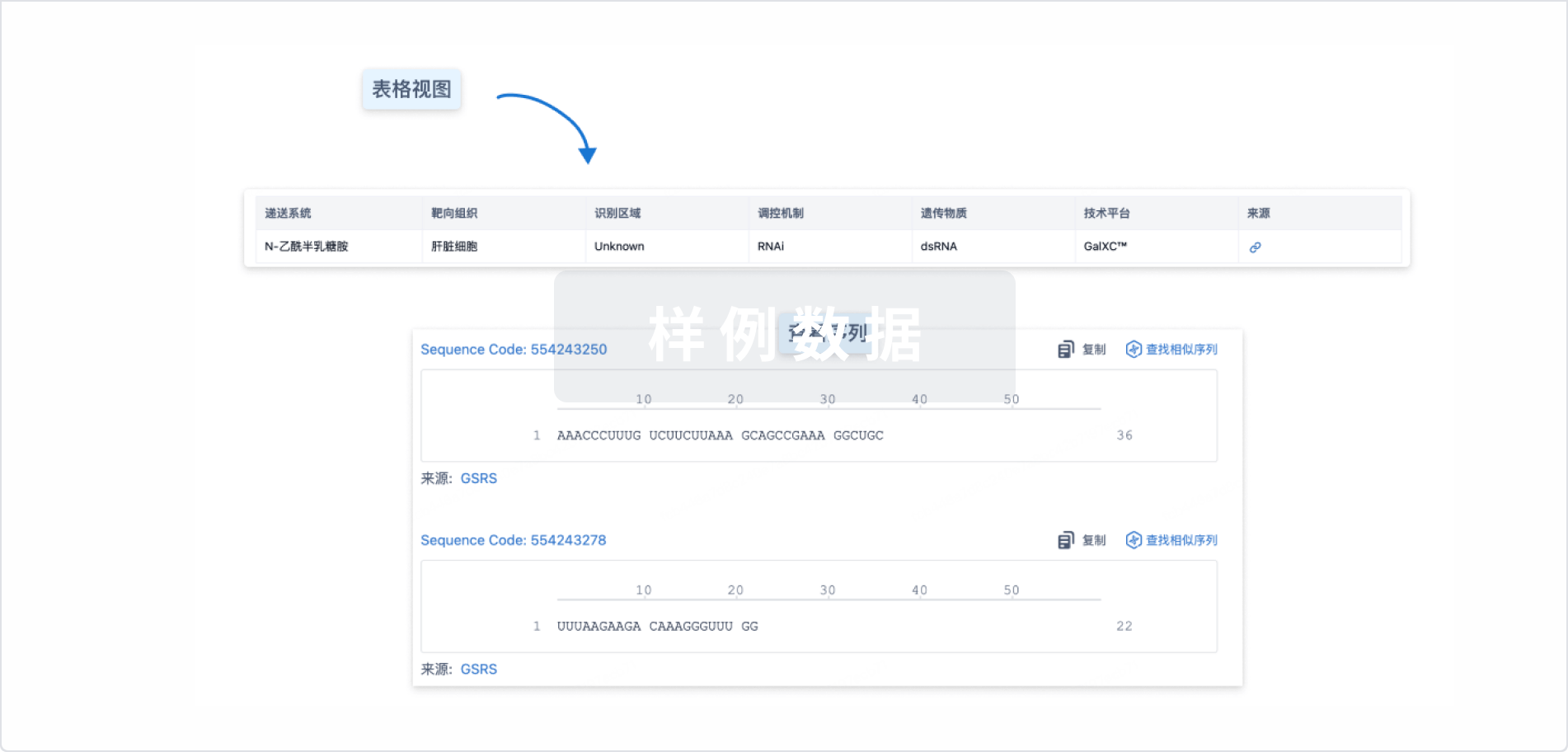Alzheimer's disease (AD), characterized by β-amyloid (Aβ) aggregation and neuroinflammation, remains a formidable clinical challenge. Herein, we present an innovative nose-to-brain delivery platform utilizing lactoferrin (Lf)-functionalized lipid nanoparticles (LNPs) co-encapsulating α-mangostin (α-M) and β-site APP cleaving enzyme 1 (BACE1) siRNA (siB). This dual-modal therapeutic system synergistically combines the neuroprotective and microglia-reprogramming capabilities of α-M with the transcriptional silencing of BACE1 via siB, thereby simultaneously inhibiting Aβ production and enhancing its clearance. Fabricated via a microfluidic approach, the LNPs exhibited uniform particle size distribution, great encapsulation efficiency, and robust colloidal stability. Upon intranasal administration, Lf-functionalization enabled superior brain-targeting efficacy through receptor-mediated transcytosis. In vitro studies demonstrated that α-M reversed Aβ-induced low-density lipoprotein receptor downregulation, promoting microglial phagocytosis and autophagic degradation of Aβ, while siB effectively suppressed BACE1 expression, abrogating Aβ synthesis. In vivo investigations in APP/PS1 transgenic mice revealed remarkable cognitive recovery, substantial Aβ plaque reduction, and alleviation of neuroinflammation and oxidative stress. This intricately designed LNP system, exploiting a non-invasive and efficient nose-to-brain delivery route, provides a biocompatible, synergistic, and transformative therapeutic strategy for the multifaceted management of AD.








